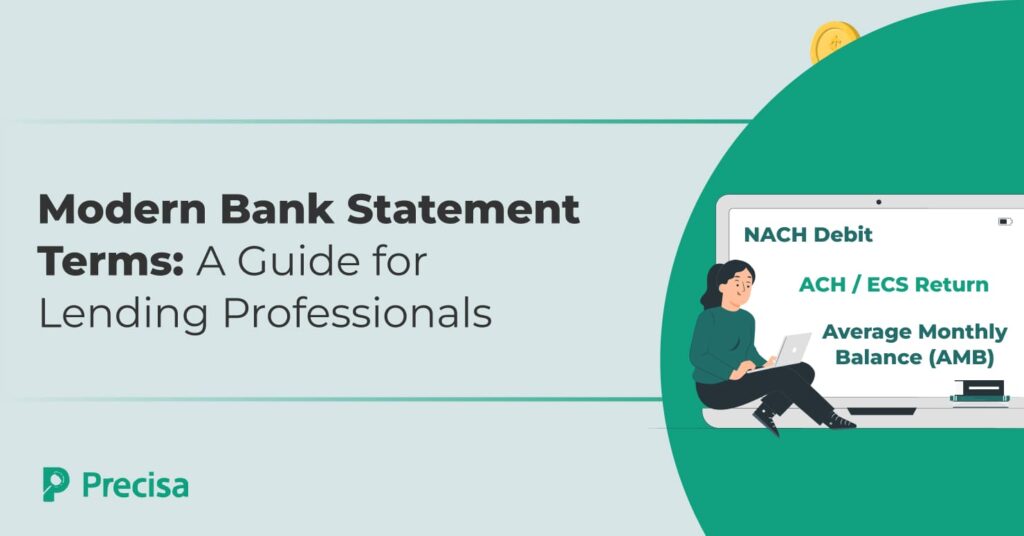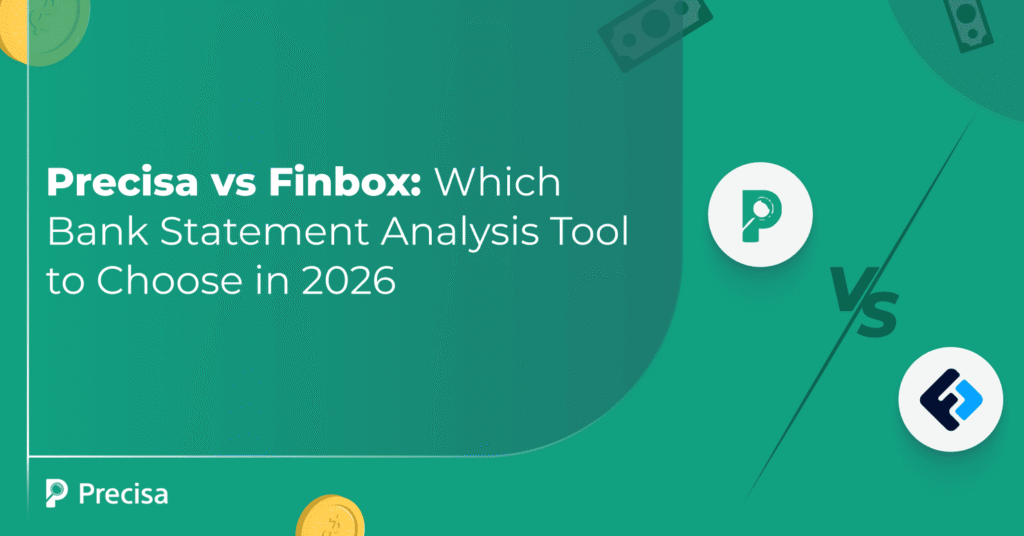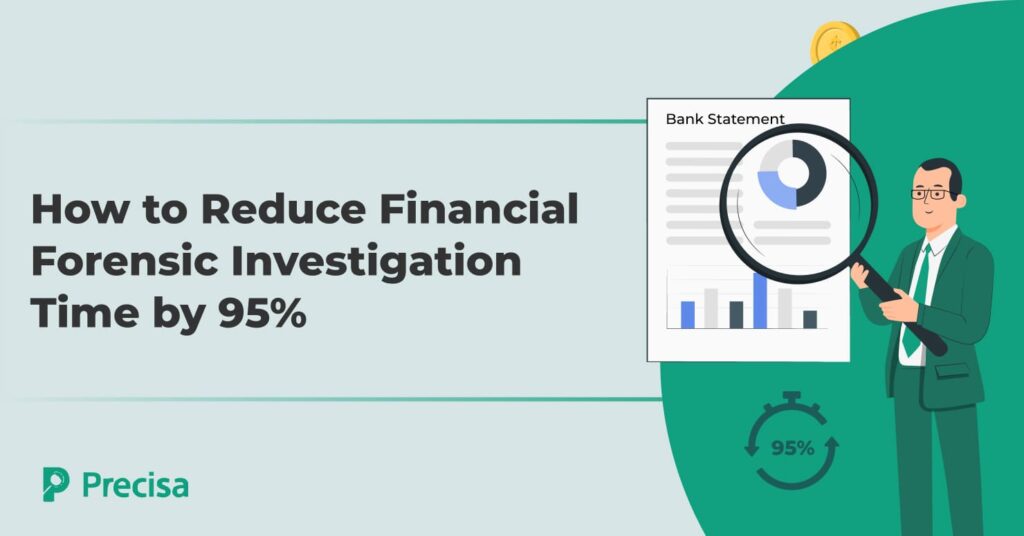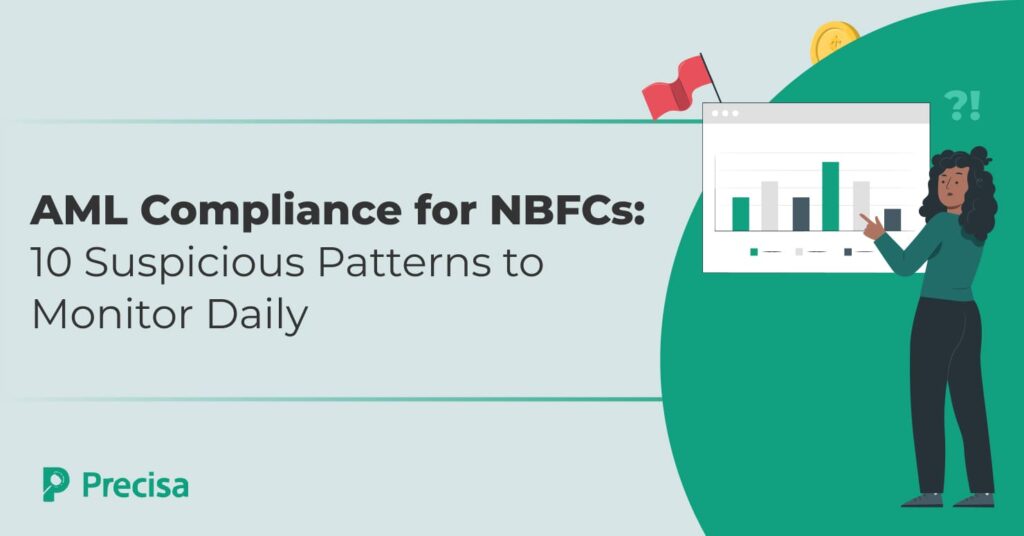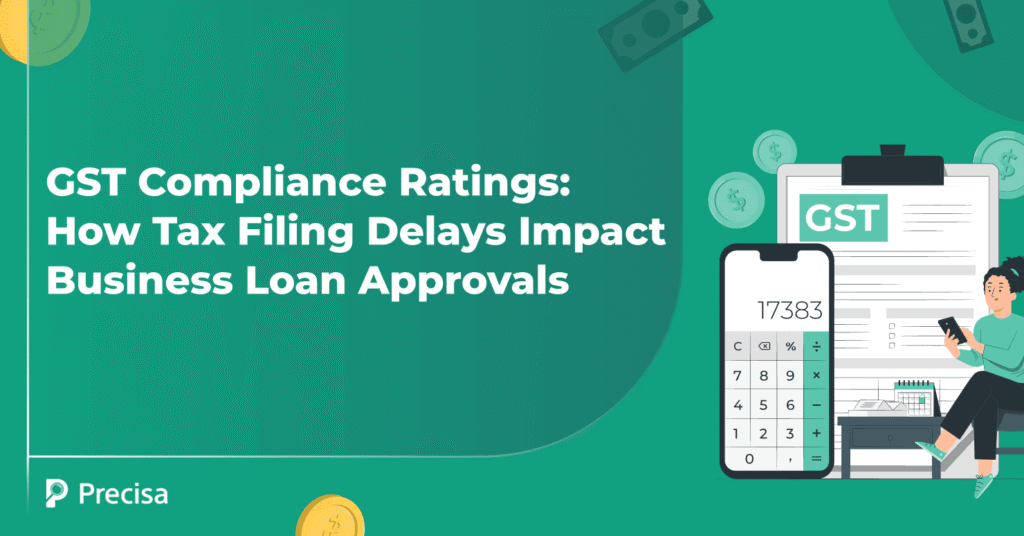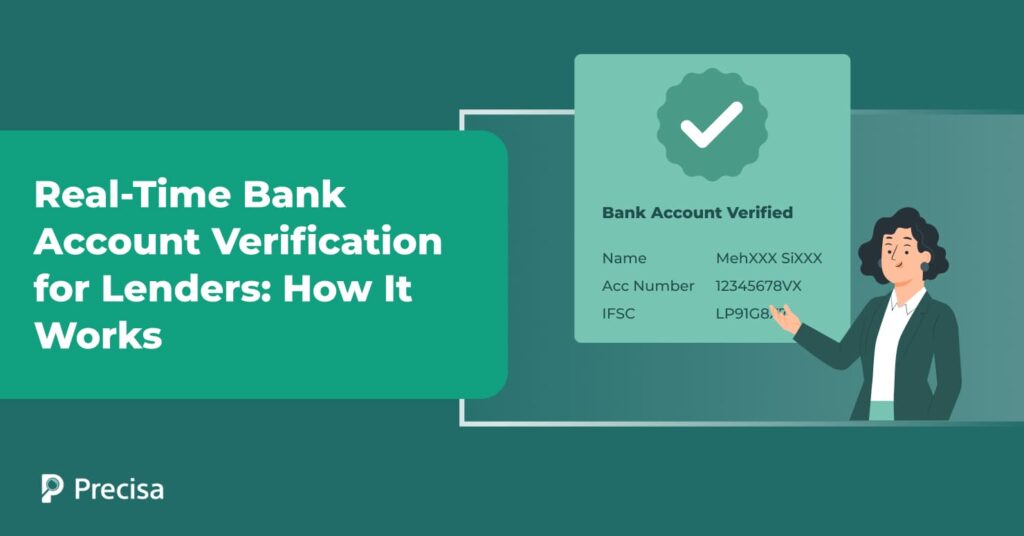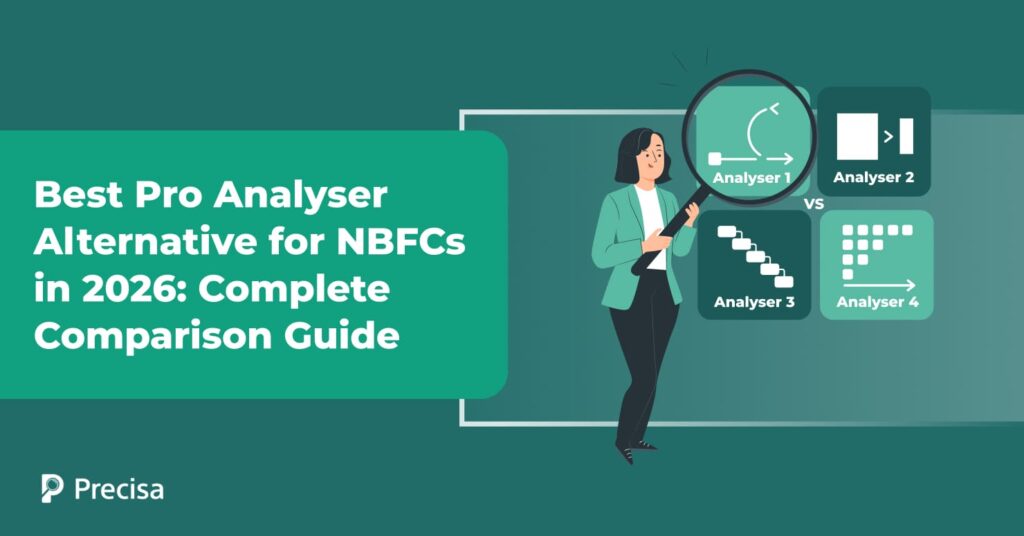Your underwriting team approved a ₹10 lakh loan yesterday. The bank statement showed stable income and salary deposits within the first week of the month. However, they missed a monthly withdrawal of ₹ 60,000 on the same date for six consecutive months. Is it something that requires further investigation, or does the account holder have […]
Precisa vs Finbox: Which Bank Statement Analysis Tool to Choose in 2026
The surge in the lending market in India is already expected to reach $724.2 billion by the end of this year. This requires lenders to rely on intelligent solutions that expedite and strengthen decision-making. Lenders need bank statement analysis tools that go beyond basic document review. They need platforms that extract actionable insights from raw […]
How to Reduce Financial Forensic Investigation Time by 95%
When it comes to financial forensic audit, time directly affects outcomes. Many audit firms still spend 30–45 days manually reviewing bank statements, reconciling transactions, and tracing fund movements across accounts. These delays usually arise from unstructured data, inconsistent bank formats, and the need for manual cross-verification, all of which slow investigations and increase operational risk. […]
Visualising Money Trails: Inter-Bank Transfers in Forensic Audits
Tracing the movement of funds, or mapping money trails, is a core task for forensic investigators, auditors, and underwriters to uncover cases involving fraud, tax evasion, and financial irregularities. In India, financial crimes often involve complex layers of transactions, and bank statements are a valuable source that aid investigators in uncovering irregularities. Bank statements are […]
The Circular Transaction Trap: How Borrowers Inflate Their Bank Balances?
Do you rely on bank statements to get an accurate picture of the borrower’s financial health, and does the statement you got look perfect? If so, you need to scrutinise the document more carefully to determine whether the statement has been staged. Spotting circular transactions could be a good place to start. Circular transactions involve […]
B2B vs B2C Sales Patterns: What Bank Statements Reveal
When you review bank statements, similar-looking applications can hide very different business models. One applicant might show dozens of small daily credits totalling ₹50,000, whilst another receives just three large payments of about ₹15 lakhs a month. The revenue is similar, but their risk profiles aren’t the same. Bank statements reveal the difference between B2B […]
AML Compliance for NBFCs: 10 Suspicious Patterns to Monitor Daily
NBFCs today operate in a lending environment where financial crime risks evolve faster than traditional controls. Regulators expect institutions to demonstrate continuous monitoring, documented controls, and proactive reporting. The FIU-IND received 4,36,287 STRs in FY 2022–23, highlighting how widespread suspicious activity continues to be across the financial system. Against this backdrop, NBFCs must go beyond […]
GST Compliance Ratings: How Tax Filing Delays Impact Business Loan Approvals
The Goods and Services Tax (GST) regime in India emphasises transparency and accountability and has reshaped how financial institutions assess businesses’ creditworthiness. GST compliance, especially timely and accurate tax filing, has become a critical factor in loan approvals for Indian businesses. Lenders now view compliance as a primary indicator of creditworthiness and risk. Delayed tax […]
Real-Time Bank Account Verification for Lenders: How It Works
Loan evaluation in India still depends heavily on bank account verification, but the number of applications banks, NBFCs, DSAs, and advisory firms handle every day is much higher and complicated than what traditional processes were built for. Many credit underwriters still rely on manual checks, even though the Reserve Bank of India’s 2022 Digital Lending […]
Pro Analyser Alternative: Why NBFCs Trust Precisa as the Market Leader
As digital lending accelerates across India, financial institutions are evaluating bank statement analysis platforms that can handle growing portfolios while maintaining accuracy and compliance. Pro Analyser is a newer platform in the bank statement analysis space. However, Precisa has led this market for years, establishing the standard that newer entrants now attempt to match. NBFCs, […]

